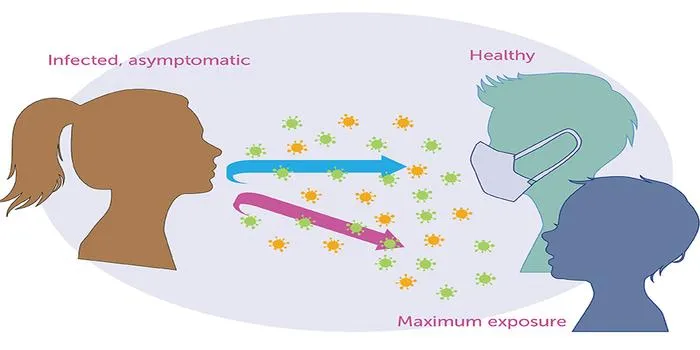- Home >
- Science
- > Innovation
Why Does Your Voice Change as You Age?
As you age, your voice undergoes changes due to alterations in the larynx, vocal cords, and surrounding muscles. The vocal cords may become thinner and less elastic, leading to a weaker, breathier sound. Hormonal changes can also affect pitch and tone. Additionally, muscles supporting the vocal apparatus may weaken, impacting vocal control and strength. These physiological changes contribute to the characteristic differences in voice quality and pitch observed in older adults.

As we age, many of us notice changes in our voice. This phenomenon is not just a mere coincidence; it is a natural process influenced by various factors. Understanding why your voice changes as you age can help you appreciate the complexities of vocal health and guide you in maintaining it. Let's delve into the reasons behind this vocal transformation.
Physical Changes in the Vocal Cords
One of the primary reasons for a change in voice is the ''physical alteration'' of the vocal cords. As we age, the vocal cords undergo several transformations:
| Age Group | Vocal Cord Changes |
|---|---|
| 20s-30s | Vocal cords are flexible and elastic. |
| 40s-50s | Thinning of the vocal cords begins, leading to a slightly higher pitch. |
| 60s and above | Vocal cords become stiffer and drier, often resulting in a deeper, raspy voice. |
These changes can be attributed to the natural aging process, where the ''muscle mass'' and elasticity of the vocal cords diminish. As a result, the voice may sound weaker or less resonant.
Hormonal Changes
Another significant factor contributing to vocal changes is ''hormonal fluctuations''. For instance, during menopause, women experience a drop in estrogen levels, which can lead to changes in the laryngeal structure. This hormonal shift results in a ''thinner'' and sometimes ''hoarser'' voice. Similarly, men may experience changes in testosterone levels that can impact their vocal quality.
Health Factors Affecting Voice
Various health issues can also play a crucial role in voice changes as we age. Some of these include:
- Dehydration: As we age, our bodies tend to become less hydrated, which can cause the vocal cords to dry out, leading to a raspy voice.
- Chronic Illnesses: Conditions such as asthma, allergies, and acid reflux can irritate the vocal cords, impacting voice quality.
- Neurological Conditions: Diseases like Parkinson's or stroke can affect the muscles that control the vocal cords, resulting in a softer or more monotone voice.
Maintaining good health through a balanced diet and regular exercise can help mitigate these effects and preserve vocal quality.
Environmental Factors
The environment can also influence voice quality. Exposure to ''pollution'', ''smoke'', and ''allergens'' can lead to inflammation and irritation of the vocal cords. Additionally, the ''dryness'' of indoor air, especially during winter months, can exacerbate vocal issues, leading to a change in voice. Staying hydrated and using humidifiers can be effective strategies to counteract these environmental factors.
Vocal Habits and Lifestyle Choices
Your lifestyle choices can significantly affect your voice as well. Factors such as:
- Smoking: Tobacco smoke can damage the vocal cords, leading to chronic hoarseness and a raspy voice.
- Alcohol consumption: Excessive drinking can dehydrate the vocal cords, affecting their flexibility.
- Vocal Strain: Overuse of the voice, such as shouting or excessive talking, can lead to nodules or polyps on the vocal cords.
By adopting healthier vocal habits and reducing stress on the voice, you can help maintain its quality even as you age.
Conclusion
In summary, the changes in your voice as you age are influenced by a combination of physical, hormonal, health-related, environmental, and lifestyle factors. Understanding these influences can empower you to take proactive steps in preserving your vocal health. Whether it's through staying hydrated, avoiding harmful substances, or seeking medical advice for underlying health issues, there are many ways to care for your voice as you navigate the aging process. Remember, a conscious effort towards vocal health can lead to a resonant and vibrant voice, regardless of age.












